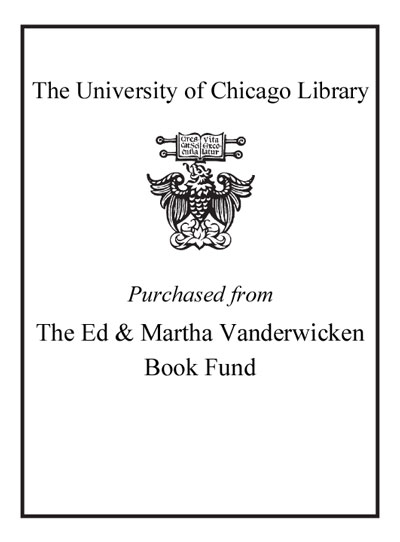| Summary: | Andrzej Franaszek's award-winning biography of Czeslaw Milosz--the great Polish poet and winner of the Nobel Prize in Literature in 1980--offers a rich portrait of the writer and his troubled century, providing context for a larger appreciation of his work. This English-language edition, translated by Aleksandra Parker and Michael Parker, contains a new introduction by the translators, along with historical explanations, maps, and a chronology. Franaszek recounts the poet's personal odyssey through the events that convulsed twentieth-century Europe: World War I, the Bolshevik revolution, the Nazi invasion and occupation of Poland, and the Soviet Union's postwar dominance of Eastern Europe. He follows the footsteps of a perpetual outsider who spent much of his unsettled life in Lithuania, Poland, and France, where he sought political asylum. From 1960 to 1999, Milosz lived in the United States before returning to Poland, where he died in 2004. Franaszek traces Milosz's changing, constantly questioning, often skeptical attitude toward organized religion. In the long term, he concluded that faith performed a positive role, not least as an antidote to the amoral, soulless materialism that afflicts contemporary civilization. Despite years of hardship, alienation, and neglect, Milosz retained a belief in the transformative power of poetry, particularly its capacity to serve as a source of moral resistance and a reservoir of collective hope. Seamus Heaney once said that Milosz's poetry is irradiated by wisdom. Milosz reveals how that wisdom was tempered by experience even as the poet retained a childlike wonder in a misbegotten world.--
|
|---|

